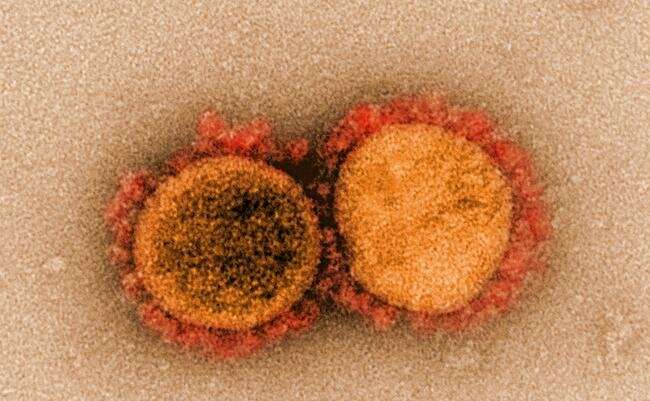Can SARS-CoV-2 be detected in a few exhalations?

In a study published by Wiley in Influenza and Other Respiratory Viruses, investigators could detect SARS-CoV-2 in the exhaled breaths and coughs of individuals with COVID-19.
For the study, researchers analyzed exhalations by two different methods during 20 normal breaths, 10 airway opening breaths (which involves deep inhalation followed by relaxed exhalation), and 3 coughs.
Detection of SARS-CoV-2 RNA by PCR in aerosols was possible in 10 out of 25 participants. The presence of virus RNA in aerosol was mainly found in cough samples (8 samples), but also in normal breaths (4 samples) and in airway opening breaths (3 samples).
"Our data confirm findings from other researchers, that SARS-CoV-2 can be detected in aerosol particles <5 µm and highlight the small amount of exhaled aerosol needed for detection. Of specific interest were findings from the airway opening maneuver, which is thought to generate particles mainly from the small airways," said lead author Emilia Viklund, Ph.D. student at the University of Gothenburg, in Sweden. "COVID-19 cause a lot of damage in this region, and it would be of great interest to further explore the amount of exhaled virus and the course of disease, as well as the infectious potential of exhaled virus."
More information: Emilia Viklund et al, Severe acute respiratory syndrome coronavirus 2 can be detected in exhaled aerosol sampled during a few minutes of breathing or coughing, Influenza and Other Respiratory Viruses (2022). DOI: 10.1111/irv.12964




















